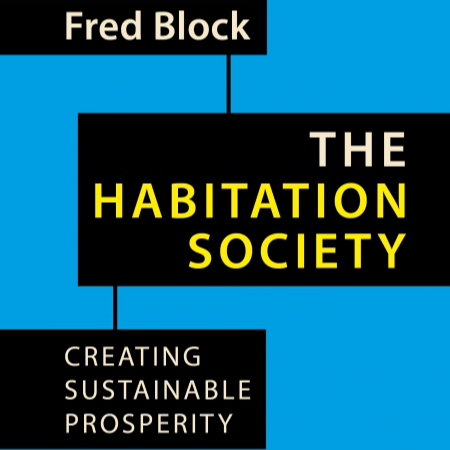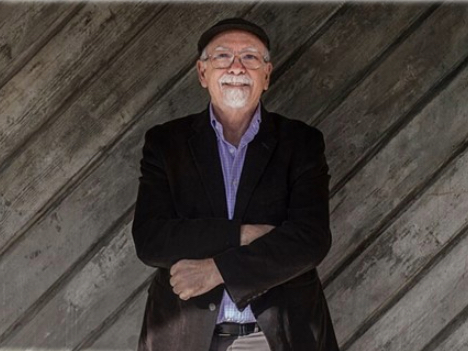With Fred Block, Research Professor of Sociology, UC Davis
April 9, 4-5:30 p.m.
Social Science Matrix, 820 Social Sciences Building, UC Berkeley

BESI invites you to join us at 4 p.m. on April 9 for a talk with Fred Block, author of the new book “The Habitation Society: Creating Sustainable Prosperity.”
Block argues that the U.S. has transitioned from an industrial economy to a habitation economy. Most paid employment is for work that creates, operates, or improves the soft and hard infrastructure of the communities in which we live. But while we all consume habitation and most of us produce it, we aren’t getting the habitation we would choose because we’re doing so within the frameworks inherited from the industrial era.
In the absence of meaningful concepts to make sense of our world, the political space has become filled with conspiracy theories and disinformation. People struggle to understand their relationship to the larger economy and society in which there is no longer an obvious relationship between effort and economic output. Block examines the economy as it actually exists and maps out what changes would make the economy work more effectively for everyone.
About the Speaker

Fred Block is a research professor of sociology at UC Davis. He’s widely regarded as one of the world’s leading economic and political sociologists. His recent writing focuses on innovation in the U.S. economy, the intellectual legacy of Karl Polanyi, and the critique of free market economics.
Block is the author of “The Habitation Society: Creating Sustainable Prosperity,” which is due to be published on February 25 by Agenda Publishing. His other books include “The Power of Market Fundamentalism,” co-authored with Margaret Somers, and “Capitalism: The Future of an Illusion,” co-authored with Robert Hockett.
Block leads the Center for Engaged Scholarship, which provides fellowship support for Ph.D. students in the social sciences whose work has the potential to make U.S. society more egalitarian, democratic, and environmentally sustainable.

